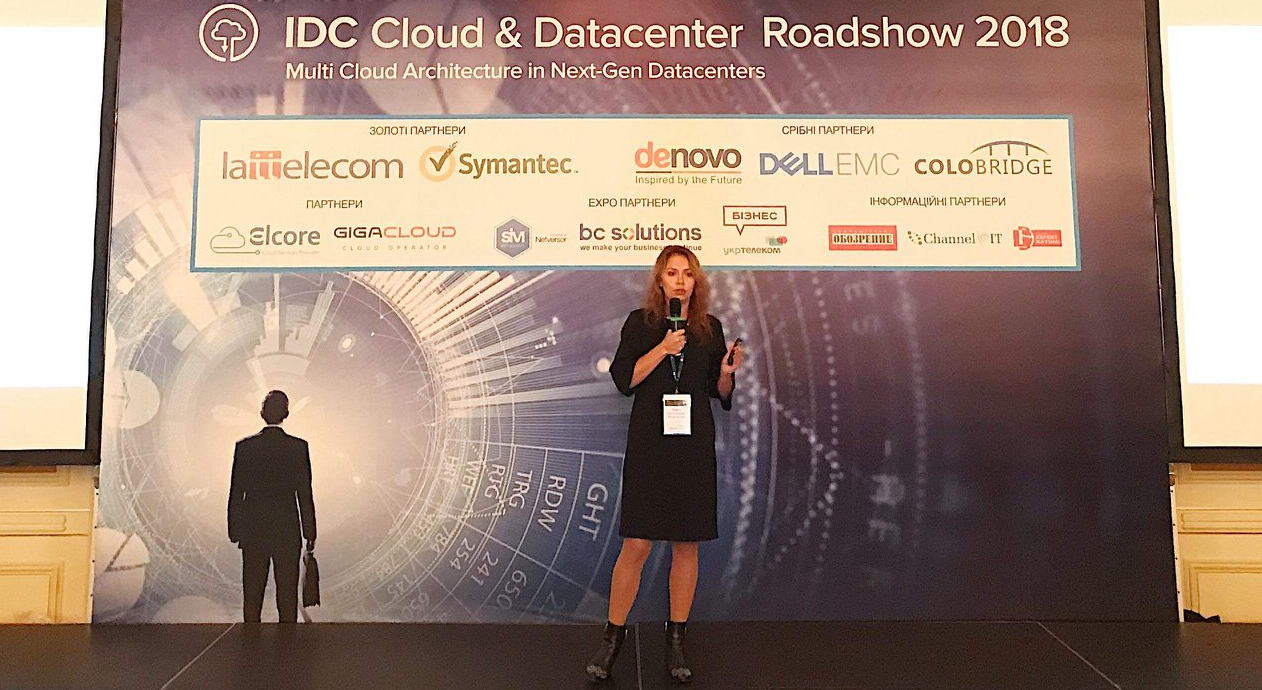Failures and delays in the operation of the IT infrastructure is not an option for business – this will weaken its position in the market, lead to losing clients and ruining its reputation. Many companies act preventively and seek to host their services and data in an ultimately accessible way. Read further why they choose European data centers for this.
According to Statista, the absolute world leader in the number of commercial data centers is still the United States of America, where 2,751 data centers are located. The second and third places of the ranking are taken by Germany and the UK, with 484 and 458 data centers, respectively. In total, there are about 1600 data centers in the territory of only five EU countries with the most developed IT sectors, and this number is constantly growing. All this is caused by the demand, which is forming the European data center market. Read further and find out what attracts corporate clients in it.
Equinix is the world leader in the data center market. This operator has 240 data centers on five continents, and the number of clients has long gone beyond the ten thousandth mark. Dozens of Equinix data centers are located in several European countries.
Advantages of a data center in Europe
The business is pushed to full or partial transfer of the IT infrastructure to European data centers by the desire to get a reliable service that will ensure the continuity of business processes, legal and physical protection of data and equipment, access to modern technologies and create favorable conditions for entering the international market.
Convenient location and low latency
Within Europe, clients and data centers are located close to each other, so 80% of European data centers provide latency of no more than 50 milliseconds. Together with dense coverage of high-speed data transmission channels, this allows businesses and their clients to get fast access to data 24/7.
Security and privacy
Control of physical access to data centers is achieved through multi-level authentication systems, ID-cards, biometrics, code locks, round-the-clock intelligent video monitoring.
The legislation of most European countries protects the servers owned by data centers and the data stored in them: no one can seize the equipment for any reason other than by court authorization. The possibility of raider seizure and blocking of IP addresses on spurious grounds is excluded.
Loyal tax conditions and harsh legislation in the field of private property and personal data have become drivers of intensive data center construction in Europe. The proximity to numerous alternative energy sources and water resources that data centers use for natural cooling also contributed to this.
Reliability and fault tolerance
European data centers provide a secure environment for storing data and physical equipment. This allows them to provide services to corporate clients with high requirements for fault and disaster tolerance.
In the US, the Tier system developed by the Uptime Institute is popular, while in Europe, other documentation is used to evaluate fault tolerance. New data centers that were commissioned after 2016 comply with EN 50600 standard. It regulates the design and construction of data center buildings. The reliability of data centers commissioned before 2016 in Europe is confirmed by certificates of compliance of the data center infrastructure with international standards (ISO 22301), information security standards (ISO 27001), data and information security for VISA/MS clients (PCI DSS), environmental responsibility (ISO 14001), management standards (ISO 9001).
Since the beginning of the full-scale invasion of Russian troops on February 24, 2022, the protection of data from destruction has gained importance for Ukrainian clients. Many companies have already migrated applications and services to cloud providers in Europe to reduce their dependence on physical hardware, as infrastructure and civilian facilities across the country have become targets for missile attacks. This became an additional argument in favor of moving the IT infrastructure to Europe, in particular, to Germany.
Data centers in Germany: the essentials
Germany hosts a record number of data centers for Europe – 484 as of March 2022 (according to Statista). Colocation operators prevail here, but there are also many data centers that offer IaaS, dedicated servers, private clouds and other alternative solutions for corporate clients. Over the past few years, the share of data centers using DCIM (automated complexes for configuration and monitoring data center infrastructure) has grown to 80%. They help reduce operating costs by 25% and increase the protection of the data center from external influences, as well as from problems with power supply and cooling.
About 20% of German data centers operate in Frankfurt am Main, which is called the financial and IT capital of Germany. Here is the largest traffic exchange point DE-CIX, which serves hundreds of international providers. At peak load, it transfers up to 12 terabits of data per second, and this figure is constantly growing: back in 2017, it was just 5 terabits per second. Frankfurt is one of the four largest data center hubs along with London, Amsterdam and Paris. The vast majority of local data centers comply with Tier III-IV standards and provide availability from 99.95% (in reality, up to 100%).
The data centers of the world’s leading data center operators are located in Frankfurt, including Telehouse and Equinix, where Colobridge has been renting closed containment areas since 2010. Our clients highly appreciate the quality of service and reliability of these two operators: they guarantee SLA compliance at the level of 99.99%, provide 24/7 access control, multi-level fire safety and have two independent power inputs. As part of a single logical platform, our clients also receive geographically distributed solutions from one source, which are difficult and expensive to implement on their own.
Compromise options are no longer enough for corporate clients – they are looking for the best technical solutions and the opportunity to use advanced industry practices in order to become more competitive, reliable and attractive in the eyes of customers. Hosting data in European data centers solves these problems, at least in terms of ensuring the reliability of the IT infrastructure. Stable operation without failures, low latency, an unprecedentedly high level of physical and legal protection, responsive technical support are the main arguments in favor of hosting services and data in European data centers, in particular in Germany.
You can discuss the possibility of migrating data or IT infrastructure to the territory of these data centers with our experts. To do this, please leave a message in the chat or call the contact number.





